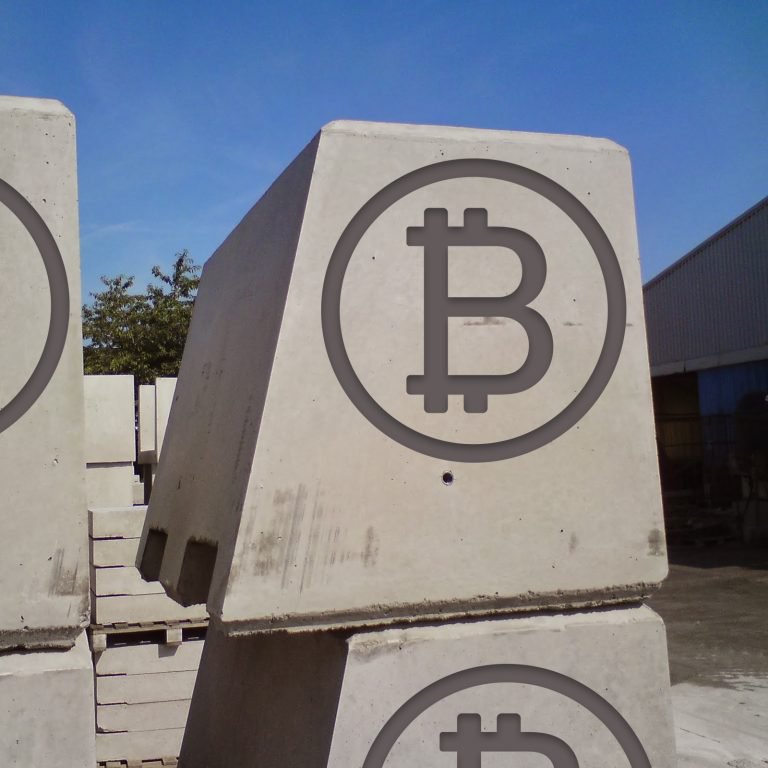Gigablock Testnet Researchers Mine the World’s First 1GB Block
source: Bitcoin News
2017. Oct. 16. 10:30

This week Bitcoin Unlimited (BU) chief scientist Peter Rizun revealed the first 1GB block was mined on a Gigablock testnet on October 13. The event marks a milestone for the big block project backed by the University of British Colombia, Nchain, and the Bitcoin Unlimited (BU) development team.
Also read: Meet the New Bitcoin Cash P2P Exchange Localbitcoincash.org
Bitcoin Unlimited Puts Big Blocks to the Test
A month ago news.Bitcoin.com reported on the Gigablock testnet (BUIP065), a project spearheaded by Bitcoin Unlimited chief scientist Peter Rizun. Alongside the BU development team, there is also a collaborative effort with the University of British Colombia (UBC) and the blockchain R&D firm Nchain.
The Bitcoin Unlimited team, Nchain, and the University of Colombia have tested 1GB blocks.The current initiative puts scalability to the test by experimenting with much larger blocks to improve blockchain transaction congestion. Both BU and Nchain have been testing larger blocks already in two separate projects. Nchain has been testing 32MB blocks, while BU’s “nolnet” network built by Andrew Stone has experimented with 64MB blocks.
On Friday, October 13, Rizun announced to his Twitter followers;
The world’s first 1.0001 GB block was mined and propagated on the Gigablock testnet yesterday — Excited to present our research Scaling Bitcoin!
Ambitious Goals
The development teams and researchers believe increasing the block size limit from 1MB to much larger blocks will significantly reduce high fees and transaction bottleneck. The Gigablock testnet project has very ambitious goals as it aims to create a network that can handle Visa-level transaction throughput (3,000 TPS).
Bitcoin Unlimited’s preliminary findings.Further, the team is planning to set up Gigablock mining nodes in Beijing, Bangalore, Sao Paulo, Sydney, and Vancouver. The developers have already added a network of nodes residing in Toronto, Frankfurt, Munich, and Washington State. Based on the results, the teams look to find and identify bottlenecks and how to mitigate these issues so the blockchain can operate more fluidly. Moreover, after testing the Gigablock trial’s findings will be published within the bitcoin community and may even be applied to the Bitcoin Cash network in the future.
“BU anticipates that any scaling improvements realised through the Gigablock testnet initiative will likely be implemented first on Bitcoin Cash, given that chain’s philosophy supporting larger block sizes,” explains Nchain two weeks ago.
Preliminary Findings Demonstrate Over 10,000 Transactions Per Second
Following the first 1GB block, developers Peter Rizun and Andrew Stone told the Reddit community about the Gigablock team’s initial findings.
“Our baseline results with BU essentially ‘as is’ — A few days ago we achieved 300 tx/sec sustained thanks to Andrew Stone’s work streamlining mempool admission,” explains Rizun. I think we’ll hit ~1,000 tx/sec sustained on the next ramp we attempt.”
Mempool admission is no longer the bottleneck, as we’ve demonstrated mempool admission rates over 10,000 tx/sec already.
Bitcoin is Better Than Visa and Even Coins
BU’s Andrew Stone says, “we are not going from 1MB to 1GB tomorrow — The purpose of going so high is to prove that it can be done — no second layer is necessary.” Stone believes by the time developers get to 10MB blocks, other developments like UTXO commitments and partial syncing clients will also improve the technical landscape.
What do you think about the Gigablock testnet project? Would you like to see super big blocks applied to bitcoin? Let us know your thoughts in the comments below.
Images via Pixabay, Bitcoin Unlimited, and Twitter.
Express yourself freely at Bitcoin.com’s user forums. We don’t censor on political grounds. Check forum.Bitcoin.com.
The post Gigablock Testnet Researchers Mine the World’s First 1GB Block appeared first on Bitcoin News.





